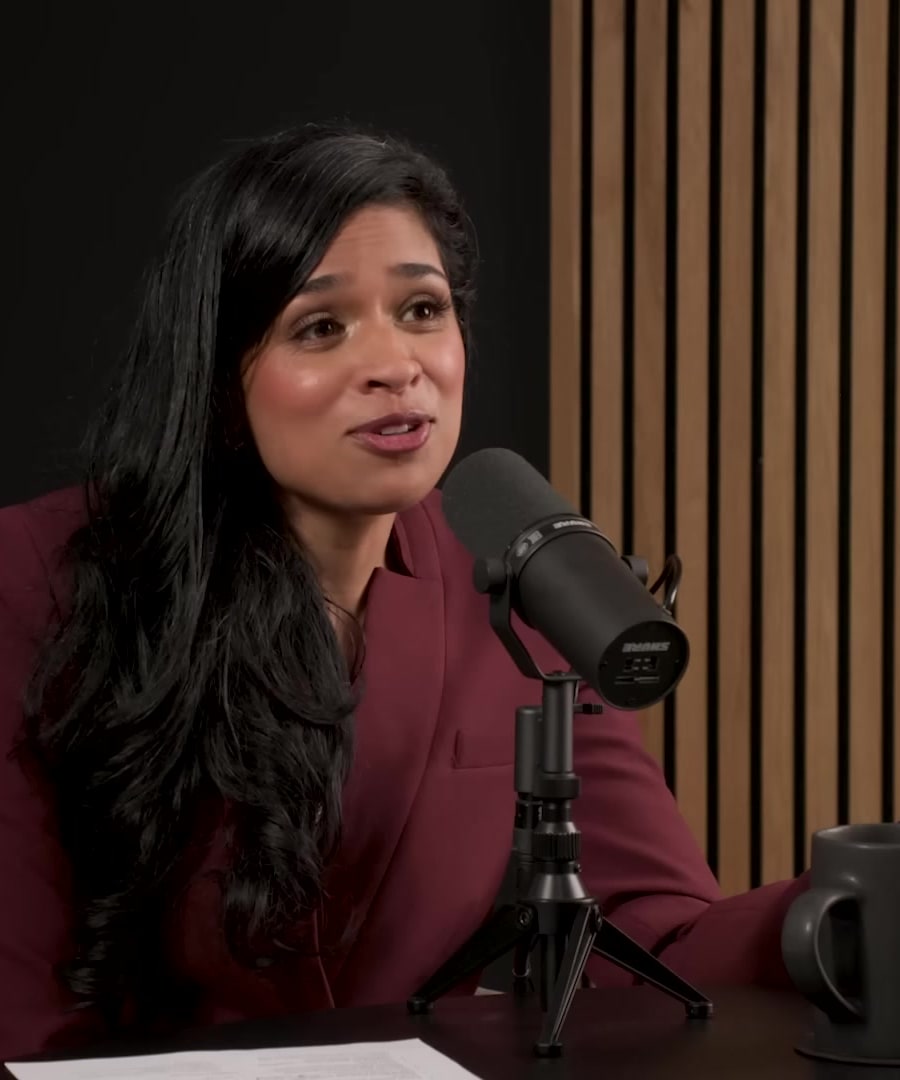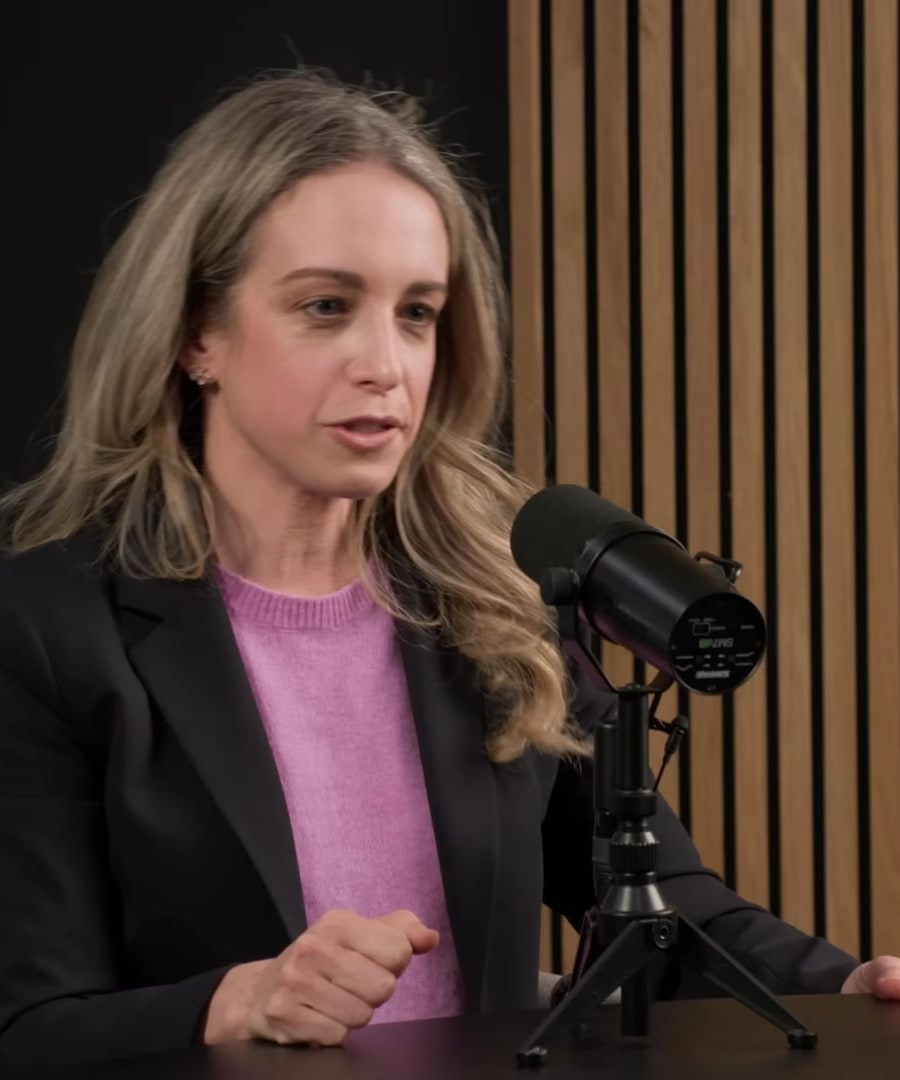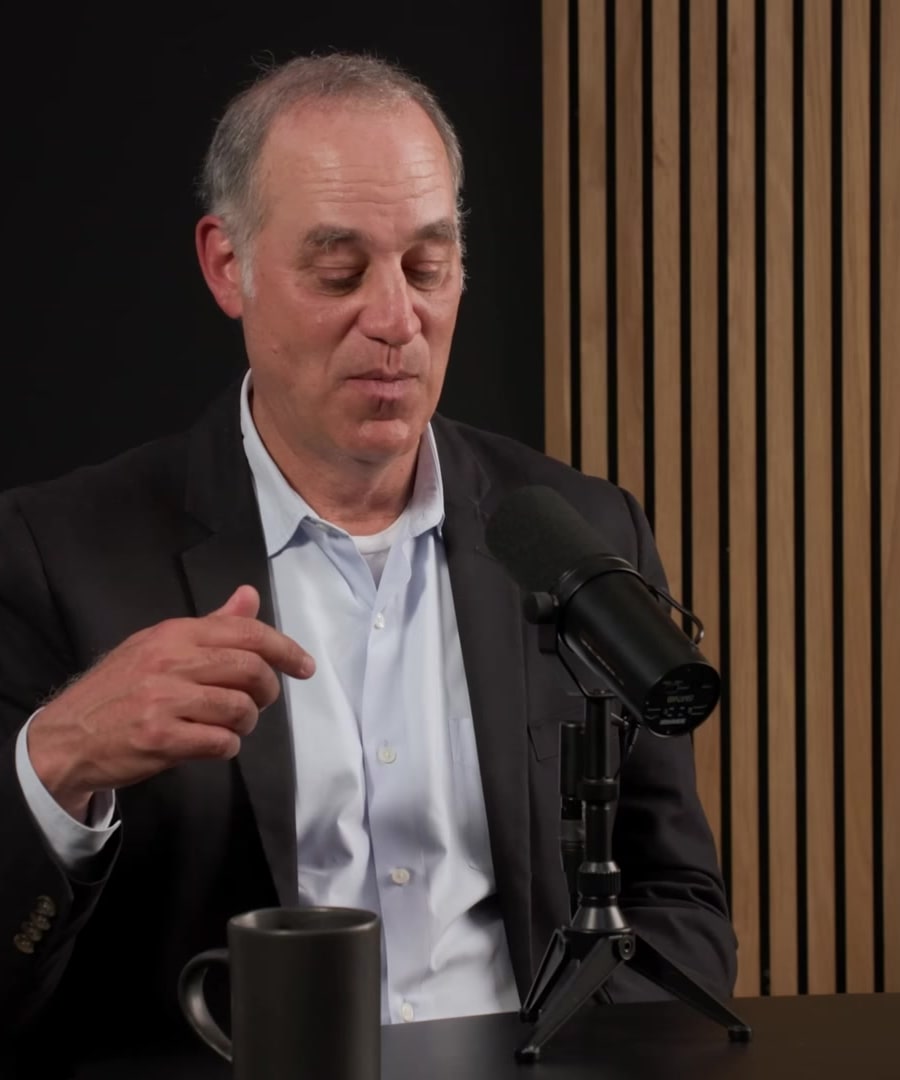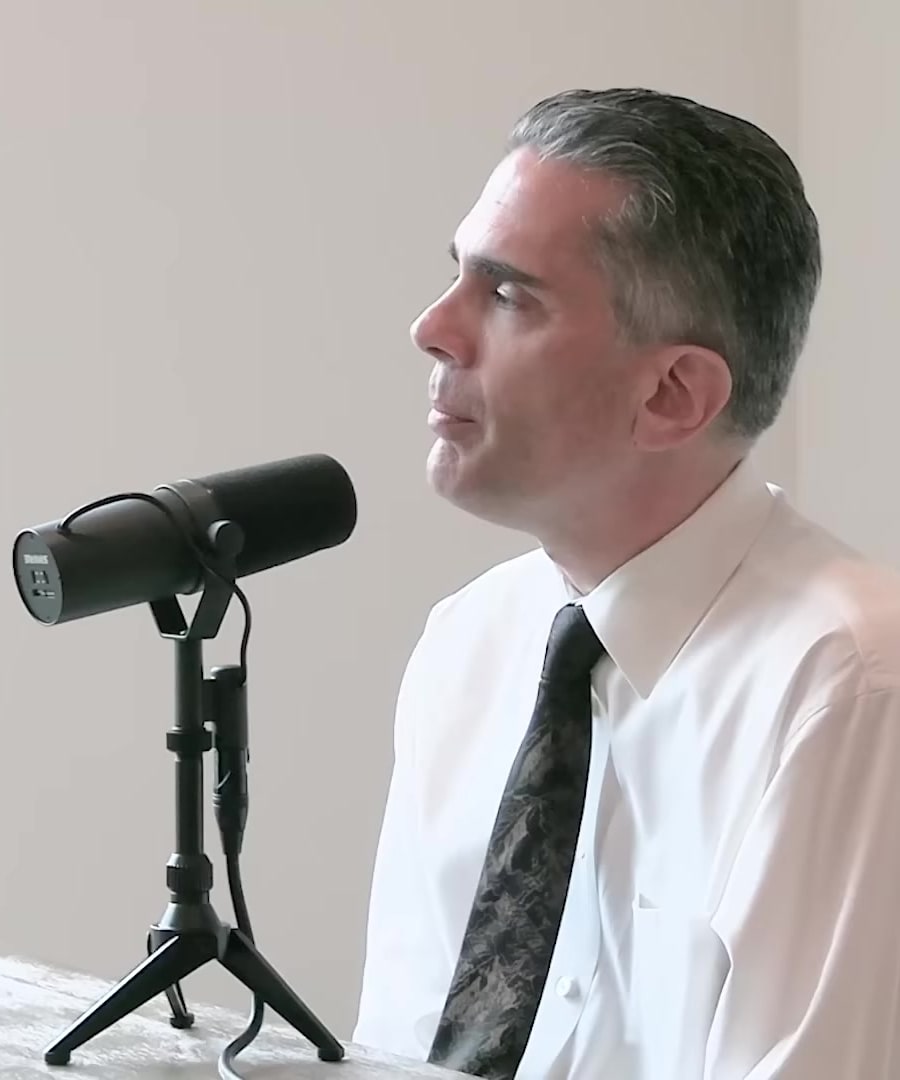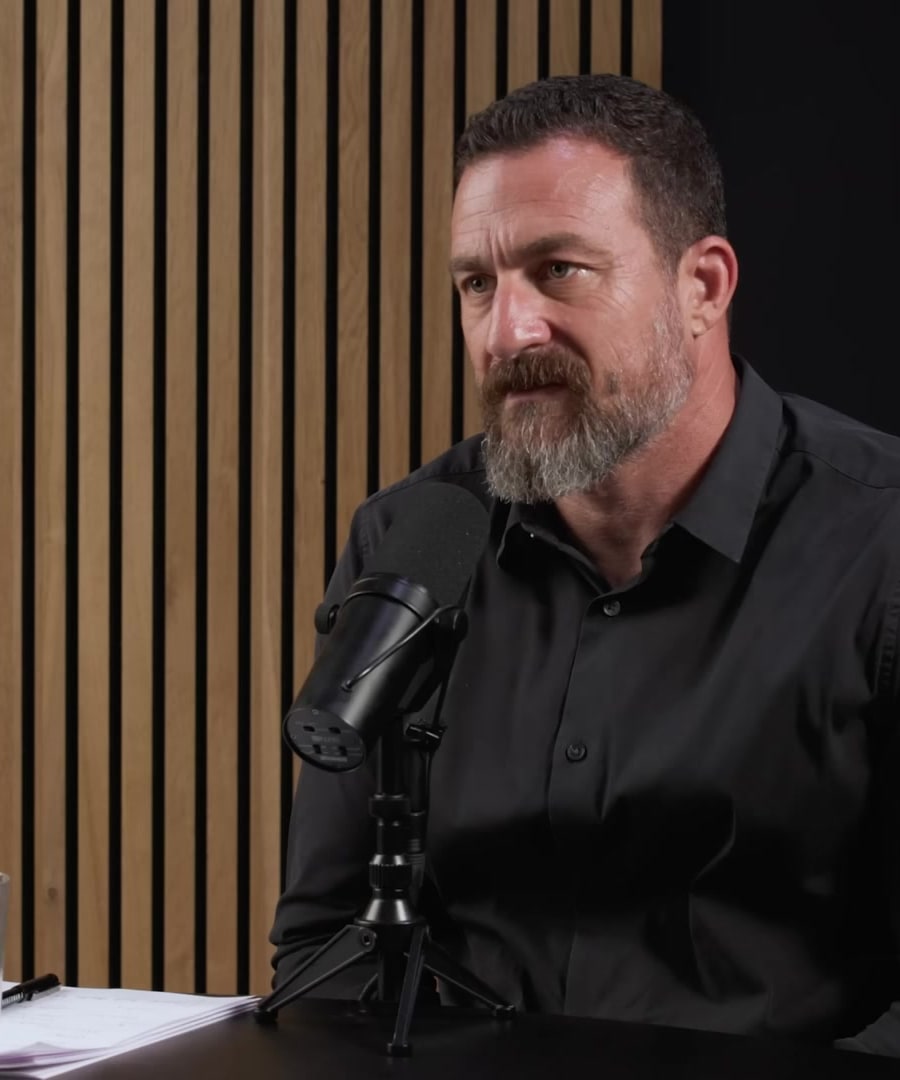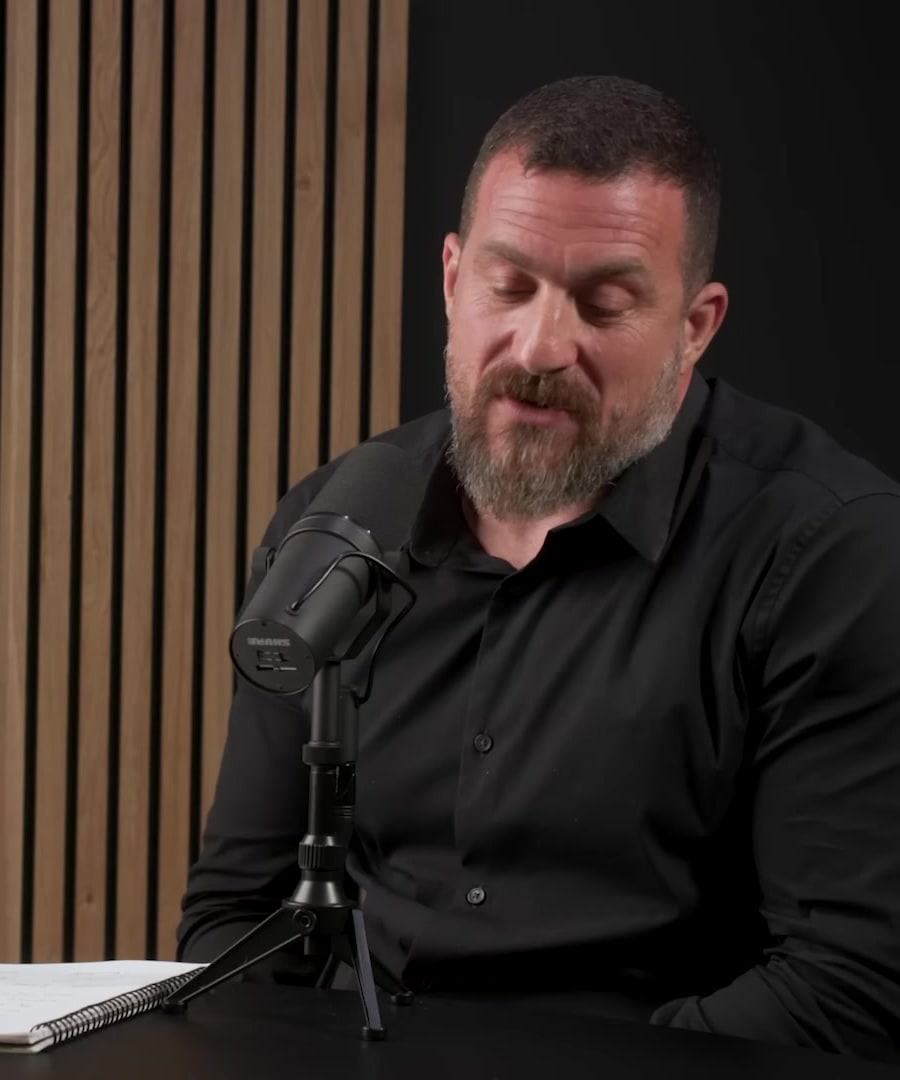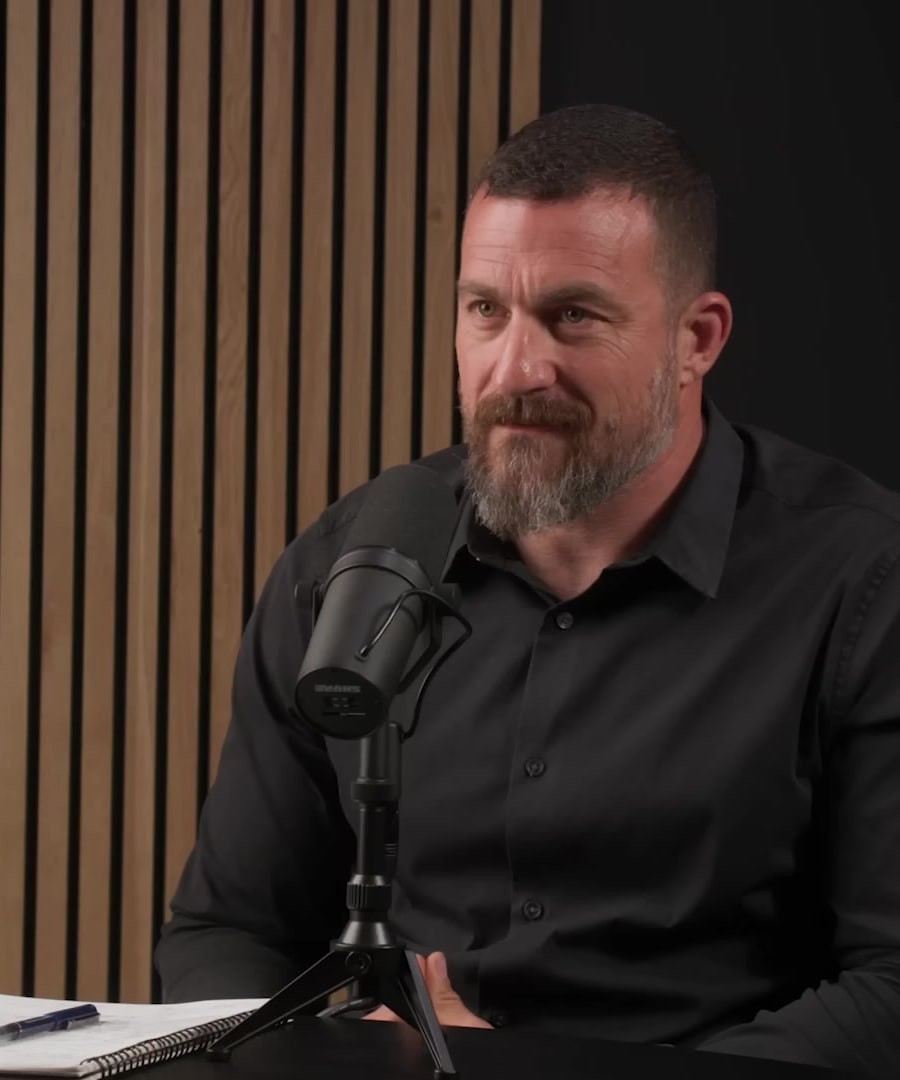how to forgive someone
Sources:
Forgiving someone is a complex process that often involves altering our perspective and finding ways to manage our emotional reactions. offers a beneficial technique where you can view the situation from a third-person perspective instead of a first-person perspective. This method, known as a distancing technique, can help bring objectivity and emotional calm, making it easier to process and forgive 1.
Additionally, she emphasizes that having a friend play the role of a "cognitive advisor" can be extremely helpful. Instead of offering mere emotional support, this type of advisor can help challenge your narrative and assist you in reframing the situation, thus reducing hostility and promoting forgiveness 1.
Such strategies are rooted in neuroscience and can reduce neural activity associated with hostility and aggression, which is crucial for resolving interpersonal conflicts 1. By actively challenging and reframing the situation, you're more likely to achieve emotional distance and perspective, aiding the forgiveness process.
RELATED QUESTIONSWhat are other techniques for forgiveness?
Sources:
Here are additional techniques for forgiveness based on insights from :
-
Understanding Shame: Recognize that people often have a hard time apologizing due to feelings of shame. Understanding this can create empathy, making it easier to forgive.
-
Processing Experiences: Discuss the incident with a trusted person, allowing you to process the experience in a safe environment. This step is crucial for emotionally working through the event 1.
-
Open Communication: Engage in open conversations about the situation with the involved parties. Express how you feel and listen to their perspective. This can help bridge gaps and lead to mutual understanding 1.
These techniques emphasize empathy, open communication, and safe emotional processing, all of which can aid in the forgiveness process.
RELATED QUESTIONS-
What are common challenges people face when trying to forgive?
Here are common challenges people face when trying to forgive, based on insights from :
-
Overcoming Shame: Forgiveness can be difficult if shame is involved. Those who feel deeply ashamed may struggle to forgive themselves and others 1.
-
Emotional Processing: People often face challenges in processing their emotions. Holding onto hurt and not fully understanding their feelings can make forgiveness hard 1.
-
Communication Barriers: Effective forgiveness requires open and honest communication. Difficulties in expressing feelings or fears that the other party won't understand can hinder the process 1.
These challenges highlight the emotional and communicative hurdles in the path toward forgiveness.
RELATED QUESTIONS-
What are strategies for emotional processing?
Sources:
Here are some strategies for emotional processing covered in the :
-
Mindfulness Training: Incorporating mindfulness practices can help in managing emotions. Mindfulness involves techniques such as focusing on one's breath and redirecting focus, which can aid in emotional regulation and boosting executive functions 1.
-
Listening to Sad Music: Listening to sad music for at least 13 minutes can help people process their emotions. This approach uses the idea of catharsis, where amplifying one's feelings through music allows for emotional expression and can aid in moving past the sadness 2.
These strategies highlight the importance of mindfulness and using music therapeutically to manage and process emotions effectively.
RELATED QUESTIONS-
Who are some experts on forgiveness?
Sources:
Two notable experts on forgiveness who have appeared on the include:
-
Robert Sapolsky: He is a professor of biology and neurology at Stanford University, known for his extensive research in neuroendocrinology, particularly on the effects of stress. His insights often cover the psychological and biological aspects of human behavior, which encompass forgiveness and emotional processing .
-
Jonathan Haidt: An American social psychologist and author known for his studies on morality and moral emotions. He is the Thomas Cooley Professor of Ethical Leadership at NYU Stern School of Business and has explored themes related to forgiveness in the context of social behavior and moral psychology .
RELATED QUESTIONS-
What are other techniques for forgiveness?
Unfortunately, I couldn't find specific clips from the discussing techniques for forgiveness. However, you might explore episodes featuring experts in psychology and human behavior, such as and , for insights into related themes. For more targeted techniques, listening to broader discussions on emotional resilience and stress could also be beneficial.
RELATED QUESTIONSWhat frameworks can facilitate forgiveness?
It seems there aren't specific clips available from the that discuss frameworks for facilitating forgiveness. For a deeper understanding of forgiveness within the context of neuroscience and psychology, exploring broader themes of stress management, emotional resilience, and interpersonal relationships in various podcast episodes and clips might provide useful insights. Additionally, episodes featuring experts in psychology may touch on relevant concepts indirectly.
RELATED QUESTIONShow to forgive
Sources:
Forgiveness is a complex process that often involves understanding and addressing one's own emotions and the impact of trauma. Here are some insights shared on the that can guide this process:
-
Therapy and Understanding Trauma:
- Dr. Paul Conti discusses how therapy can help individuals by effectively facing and unlocking trauma. This process involves recognizing patterns of repetitive harmful relationships and addressing the original trauma to prevent it from controlling one's emotions and decisions (1).
-
Gentle Self-Discovery:
- Martha Beck emphasizes the importance of gentleness in self-discovery. Small, gradual changes and self-care actions help individuals reconnect with their true selves and alleviate suffering. This gentle approach can be crucial in forgiving oneself and others (2).
-
Power of Vulnerability:
- Robert Greene and discuss the positive aspects of vulnerability. Allowing oneself to be open and vulnerable can lead to emotional and intellectual growth, which is essential for forgiveness. Confidence in one's ability to return to a stable state after being vulnerable is also crucial (3).
These insights suggest that forgiveness involves a combination of therapeutic practices, self-care, and vulnerability. Engaging in these processes can help individuals address underlying trauma and cultivate a forgiving mindset.
RELATED QUESTIONS-
How does the brain process forgiveness?
Sources:
The brain processes forgiveness through complex neural mechanisms involving empathy, self-reflection, and emotional regulation. discusses how empathy, particularly empathy for oneself, plays a crucial role in this process.
Empathy and Forgiveness:
- Forgiveness often involves viewing others and oneself with compassion. During experiences with MDMA, people may feel empathy even for those who have harmed them. This enhanced empathy can facilitate forgiveness by allowing individuals to see their oppressors as people who were doing their best with what they had.
- Similarly, empathy for oneself, which is typically hard for many to access, is essential. This involves recognizing one's own worth and holding that sentiment steady while facing challenges, enabling more adaptive responses.
Interconnectedness of Brain and Body:
- The human brain is intricately connected with the body, and this unity affects how emotions and empathy are processed. The concept of drawing boundaries within the brain (and body) underscores the complexity and interconnected nature of our neural and physiological responses, including those related to forgiveness 1.
Understanding these aspects can provide a foundation for practices aimed at fostering forgiveness, emphasizing empathy for both oneself and others as a pivotal element.
RELATED QUESTIONSAre there exercises to enhance forgiveness?
has discussed the brain processes involved in forgiveness, but specific exercises to enhance forgiveness have not been retrieved from the current data. However, practices generally recommended to foster empathy and emotional regulation may help in enhancing forgiveness:
-
Mindfulness and Meditation: These practices can increase self-awareness and empathy, fostering a more forgiving mindset.
-
Gratitude Journaling: Regularly writing about things you are grateful for can shift focus from negativity to positivity, aiding in the process of forgiveness.
-
Empathy Exercises: Practices like perspective-taking, where you try to see situations from another person's viewpoint, can enhance empathy and forgiveness.
-
Self-compassion Practices: Engaging in self-compassion exercises, such as writing compassionate letters to oneself, can improve self-empathy and consequently, forgiveness.
These exercises align with understanding and enhancing empathy and self-reflection, which emphasizes as crucial for the process of forgiveness.
RELATED QUESTIONS-
Can you give some mindfulness practices to enhance forgiveness?
The retrieved data does not contain specific mindfulness practices for enhancing forgiveness mentioned by . However, general mindfulness practices can still be beneficial:
-
Breath Awareness: Focus on your breath to bring your mind to the present moment. This helps in letting go of grudges and ruminations about the past.
-
Body Scan Meditation: Systematically bring attention to each part of your body, releasing tension and cultivating a sense of wholeness and acceptance, which can aid in forgiveness.
-
Loving-Kindness Meditation: Extend feelings of love and kindness towards yourself, loved ones, and even those you have conflicts with. This practice can help in cultivating forgiveness and compassion.
-
Mindful Reflection: Spend time reflecting mindfully on the situation that requires forgiveness, acknowledging your feelings without judgment and gradually shifting towards a forgiving mindset.
Even though these specific methods are not directly cited from , they align with the principles of mindfulness that can support emotional regulation and empathy, key components in the process of forgiveness.
RELATED QUESTIONS-
how can i forgive someone
Sources:
and various guests have discussed processes that might help you forgive someone, emphasizing cognitive and emotional strategies.
-
Reframing Perspectives: suggests using a technique called "distancing," where you imagine viewing your problem from a third-person perspective. This can reduce hostility and help you see the situation more objectively, potentially making it easier to forgive 1.
-
Understanding and Empathy: highlights the importance of understanding the other person's perspective and emotional state. Recognizing that their harmful actions may come from their struggles can help foster empathy and forgiveness 2.
-
Detaching from Emotions: emphasizes the importance of detachment to gain a clearer view of the bigger picture. By stepping back and viewing the problem with less emotional charge, it becomes easier to move past negative feelings 3.
-
Mindfulness in Relationships: discusses the importance of acting quickly to repair relationships when damage occurs. Being mindful and taking prompt action to address issues can prevent resentment and aid in the forgiveness process 4.
Implementing these strategies can help you develop a forgiving mindset and improve your emotional well-being.
RELATED QUESTIONS-
Can you explain the distancing technique in more detail?
Sources:
discusses distancing techniques in a detailed conversation on the . These techniques involve viewing your problems from a third-person perspective rather than a first-person one. By doing this, you actively challenge your narrative about the situation and question its accuracy, which can help you reframe your perspective.
Key Points:
- Narrative Challenge: Instead of seeking emotional comfort from friends (who might sympathize and reinforce your feelings), ask them to play a cognitive advisor role. This involves them questioning your narrative and finding holes in your thinking to help you see the situation differently.
- Third-Person Perspective: Neuroscience research suggests that viewing your problems from a third-person perspective decreases neural activity in areas associated with hostility and aggression. This makes it easier to manage interpersonal conflicts and recognize your own potential mistakes.
- Self-Application: You don't need anyone else to apply these techniques. You can do this alone by mentally stepping back and assessing your challenges from an outsider's viewpoint, which can help you find new insights and reduce emotional charge 1.
Such practices can facilitate forgiveness by offering more balanced views of conflicts and reducing emotional intensities.
RELATED QUESTIONS
how to forgive someone
- RELATED QUESTIONS
What are other techniques for forgiveness?
- RELATED QUESTIONS
What are common challenges people face when trying to forgive?
- RELATED QUESTIONS
What are strategies for emotional processing?
- RELATED QUESTIONS
Who are some experts on forgiveness?
- RELATED QUESTIONS
What are other techniques for forgiveness?
- RELATED QUESTIONS
What frameworks can facilitate forgiveness?
- RELATED QUESTIONS
how to forgive
- RELATED QUESTIONS
How does the brain process forgiveness?
- RELATED QUESTIONS
Are there exercises to enhance forgiveness?
- RELATED QUESTIONS
Can you give some mindfulness practices to enhance forgiveness?
- RELATED QUESTIONS
how can i forgive someone
- RELATED QUESTIONS
Can you explain the distancing technique in more detail?
- RELATED QUESTIONS
